Media Literacy
Understanding the Media is
Essential to Understanding the World

KOGA BROWES ScottProfessor, College of International Relations
It Is Difficult To Accurately Interpret Information
Without Knowing How the Media Works
Why it is necessary to understand the media to understand the world?
Koga-BrowesIt is necessary to obtain information through news media in order to understand international affairs. But news is created by people, so its content changes according to intentions and judgements of the people making it. If you do not have a reasonable understanding of how the news works, you will not be able to interpret the information you encounter correctly. Students of international relations need to know how news is created and the approaches behind it. I think it is important to improve one’s ability to discern the facts in news, based on an understanding that news is not reality conveyed as is, but simply one version of reality. In other words, it is important to improve one’s media literacy.
Having spent a long time working in television broadcasting in Japan and the UK, I mainly research news images. Humans can recognize reality, reproduce it using language and images, and communicate it to others. This is what is known as “communication”, and the media is sometimes the bearer of that communication. When reproducing facts using language, the relationship between the communicator and society and the intention of the communicator can be seen through the words and sentence structures chosen. There are established methods for analyzing such language. On the other hand, it is difficult to grasp the intention behind news footage, and there is not an established analysis method for such footage in the academic world. My research concerns visual semiotics , which analyzes images in a similar way to language , and aims to clarify how news footage reproduces reality. I am particularly interested in how Japanese news programs describe Japanese society through news footage. Through this research, I would like to give students some pointers for understanding how the media works.
BBC News Clearly Shows Who
an Opinion Belongs To
Is there any difference in how Japanese and English news programs are made?
Koga-BrowesIf you compare, for instance, NHK with the BBC, you can see that the BBC always clearly shows who is communicating a certain piece of information. Whenever a video report is used in a show, the name of the reporter behind it is displayed and it is clear whose opinion is being shown. On the other hand, it may not be clear whose voice we are hearing in a narrated video on NHK. Sometimes the voice of a voice actor is overlaid. I get the impression that opinions are conveyed as the opinion of the program itself, rather than that of a particular individual.
Another characteristic of Japanese news programs is that ‘jump cuts’ are allowed. For example, in videos in which an expert expresses their opinion, there are time when you see the speaker’s face or posture jump slightly, and you know that it has been cut there. It might not look beautiful as a video, but the fact that it is clear that the video has been cut is an honest act. The norms of television production in the UK mean that these ‘jump cuts’ are not allowed. When a video is cut, it is edited to flow smoothly, such as by inserting a clip of the interviewer/listener, a ‘noddy’. While this might be beautiful as a video, important information may be hidden from the viewer without them knowing it. It is not a case of one style being better than the other, but it is important to know the ‘cultural’ differences in how news is made and how to interpret it correctly.
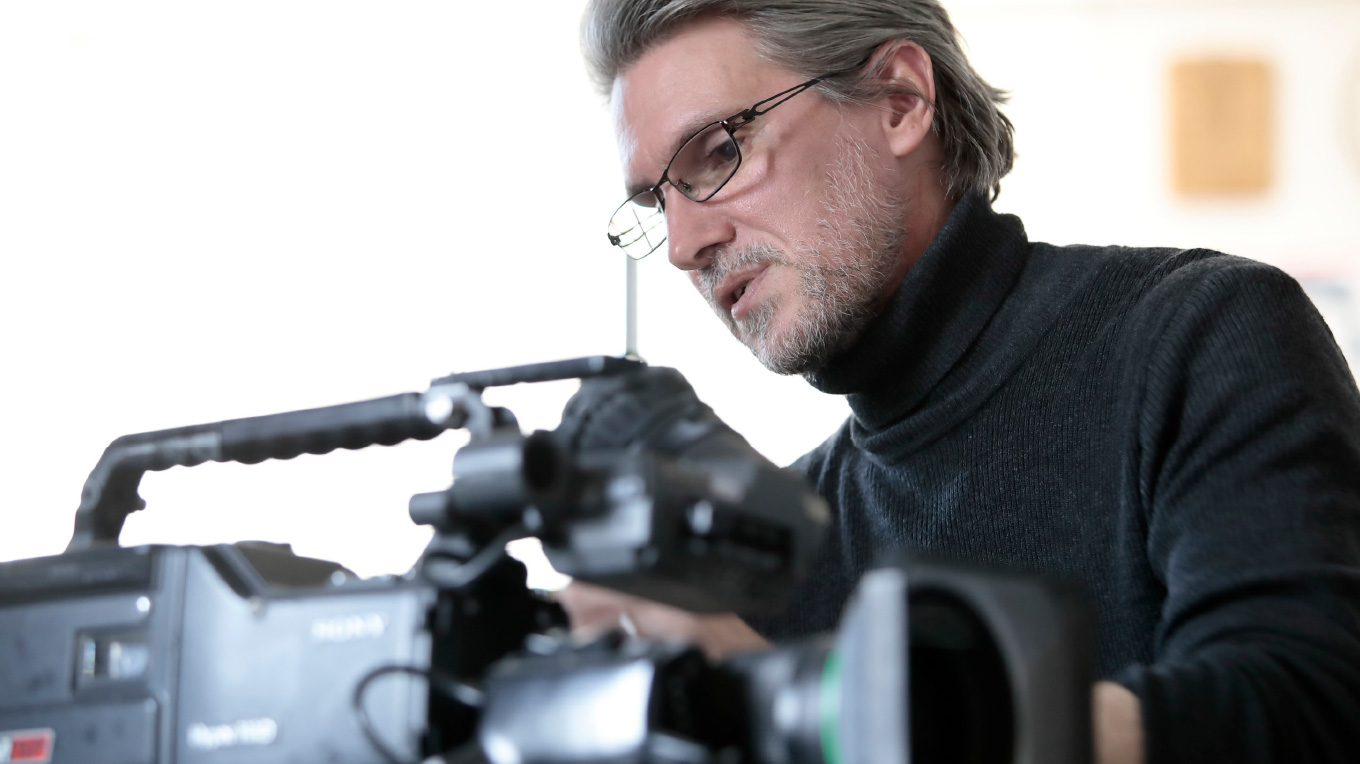
Reading the Media from My Experiences
as Camera Operator and Producer
Why did you become involved with Japan?
Koga-BrowesI first encountered Japan as a child. It was at an exhibition of Japanese design I was taken to at the Victoria and Albert Museum in London. Among the various exhibits, I remember a kite depicting kabuki actors particularly impressed me. I had always been interested in languages, but my interest in Japanese design led me to an interest in kanji characters, so I decided to study Japanese at university. After graduation, I joined TBS as a Japanese-speaking staff member and worked at the London bureau. I used to work as an ‘fixer/producer’, but a Japanese camera operator taught me how to shoot video, and before I knew it, I was shooting and covering stories. In those days, Irish Republican Army terrorism was rampant in Britain, and I once picked up the phone to a bomb threat call from the terrorists to TBS. When I checked the password with the police, they found it was real, and I remember that we rushed to the scene with a camera, full of excitement, it’s not very often TBS has the chance of a scoop in London!
After gaining experience as a camera operator and producer for Reuters and Nippon TV, I became a freelancer and was involved in the production of many programs, music videos, variety shows as well asnews and sports. At the same time, I wanted to engage in research and education by making use of my experience in the media, so I obtained a doctorate from a graduate school in the United Kingdom. After working as a research fellow at Kyushu University in my wife’s hometown, I have been teaching media studies at Ritsumeikan since 2012.
My class is like an introduction to media studies, where students can learn how the media, especially the news media, crafts information and how to analyze the information provided by the media. The knowledge and skills acquired here will help improve students’ media literacy.
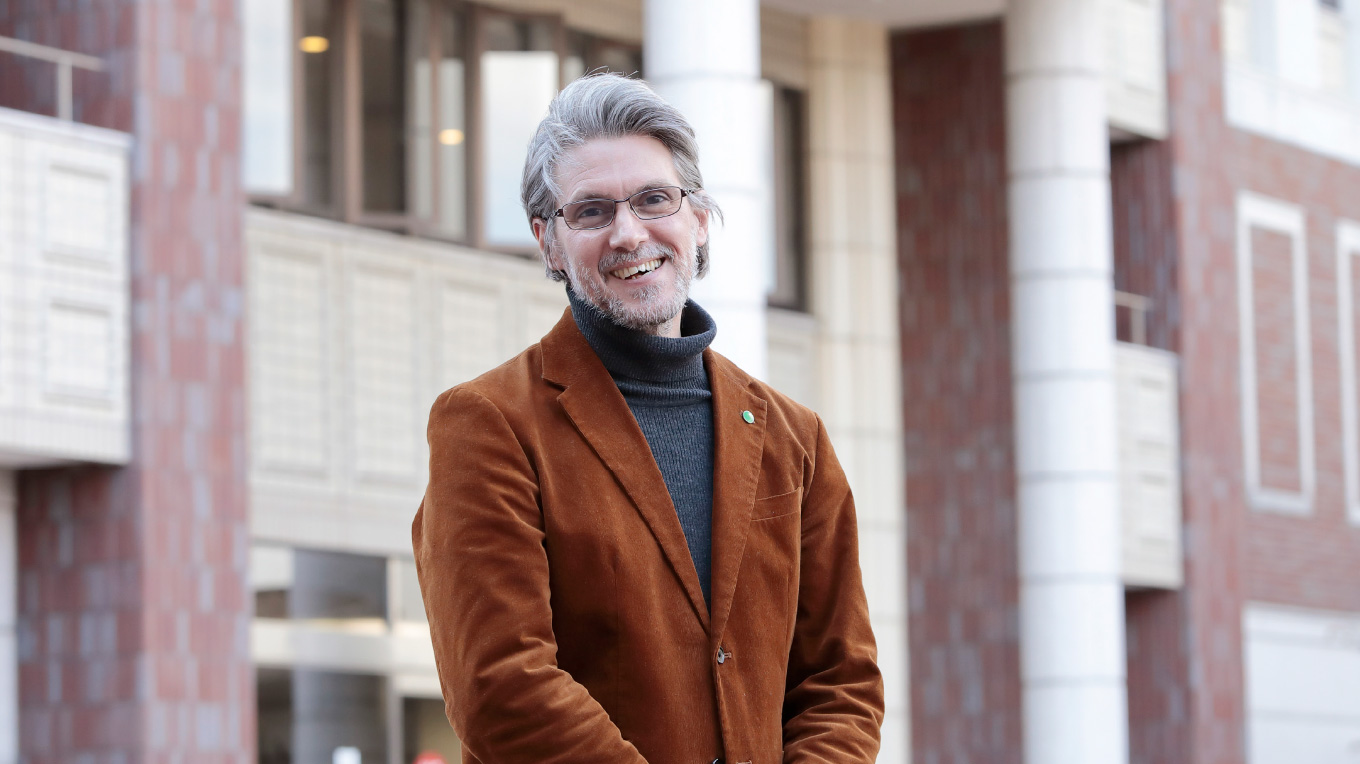
For Those Interested in Media Literacy: BOOKS
Arnheim, Rudolph
Visual Thinking
University of California Press (1969)
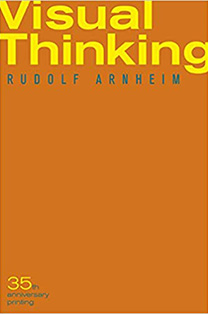
Fiske, John
Television Culture
Methuen(1987)
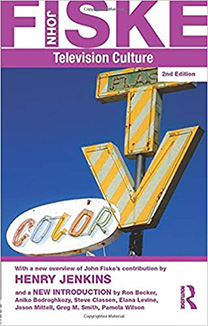
Tufte, Edward R
Visual Explanations:
Images and Quantities, Evidence and Narrative
Graphics Press (1997)
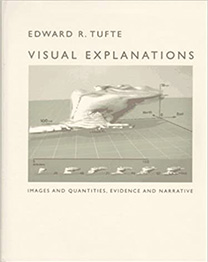
For Those Interested in Media Literacy: MOVIES
Movie
All the President's Men
1976, United States
Movie
Spotlight
2015, United States
Movie
Network
1976, United States